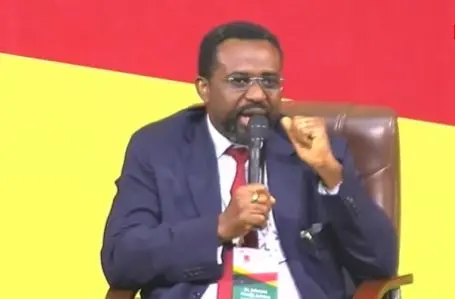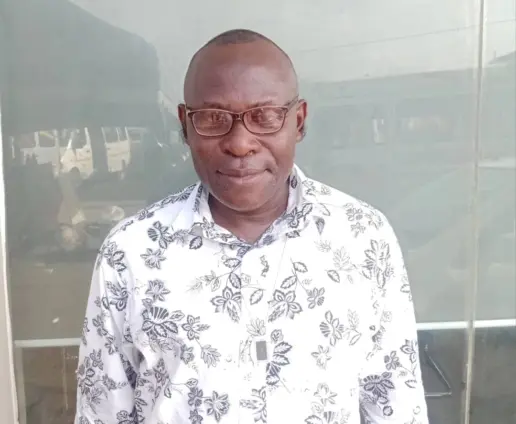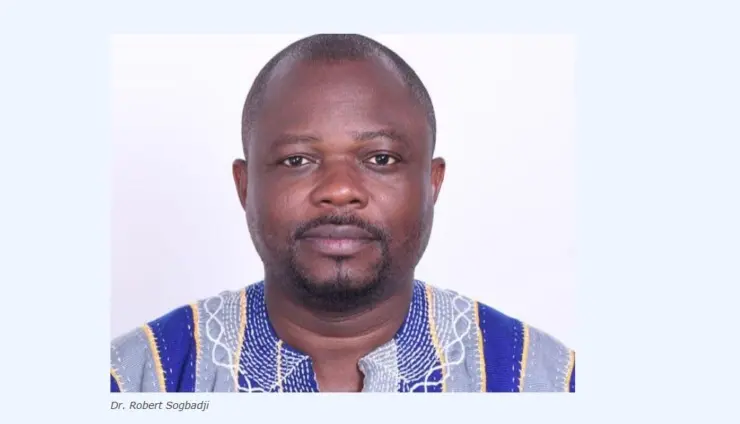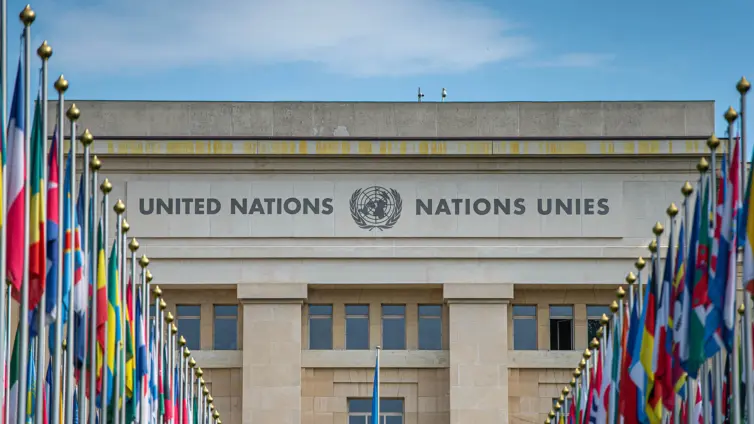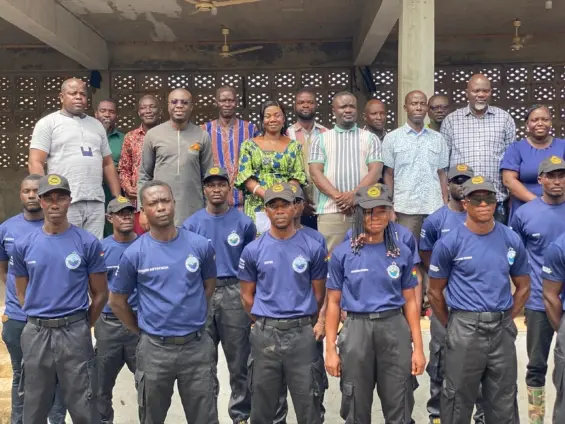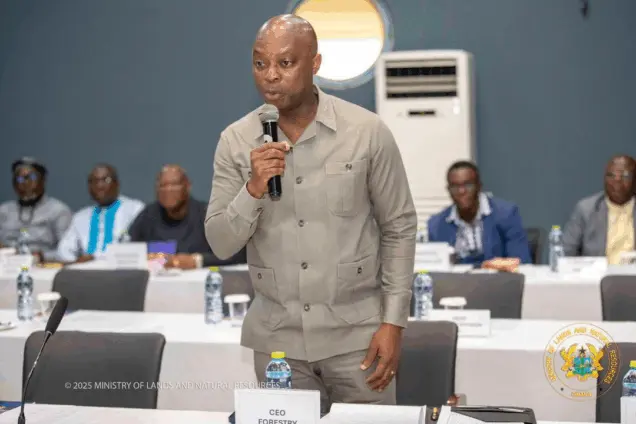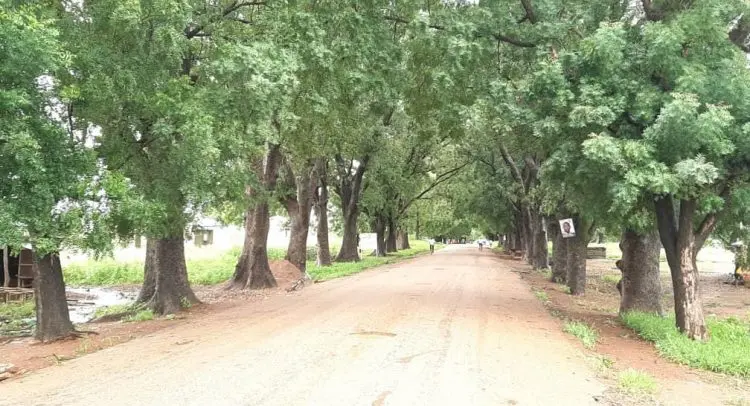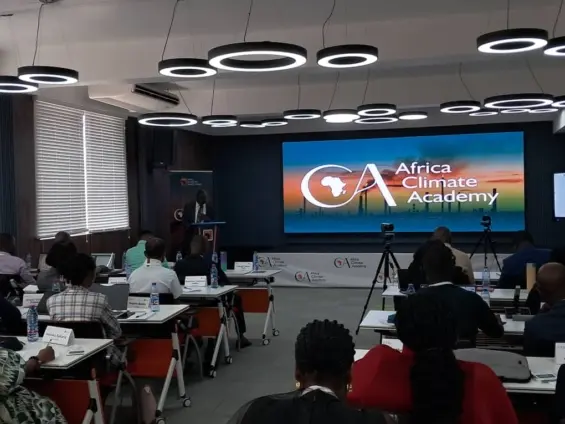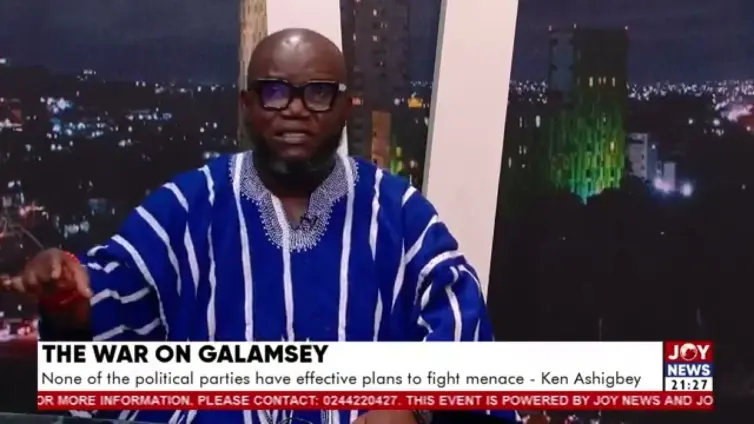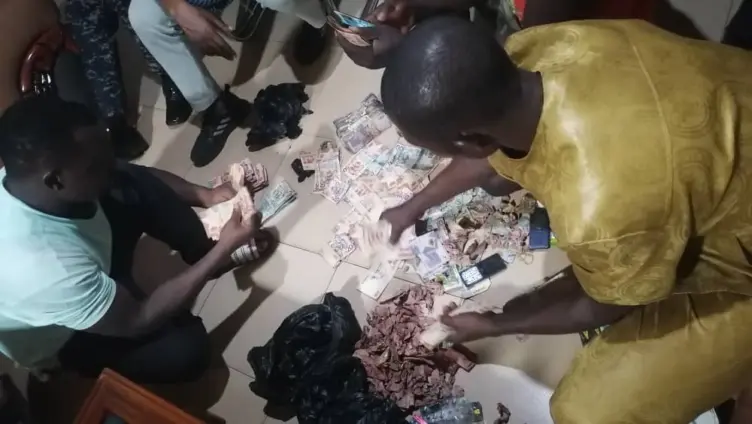Accra, Ghana – The Bank of Ghana’s (BoG) innovative gold-for-cedi strategy, designed to stabilize the nation’s currency, has drawn both praise and scrutiny. Professor Godfred Bokpin, a distinguished economist, has recently voiced concerns about the potential environmental ramifications of this initiative. The central question he poses: Is the gold being sourced responsibly, or are efforts to bolster the cedi inadvertently contributing to environmental degradation? The gold-for-cedi strategy, in its essence, involves the BoG purchasing gold to augment foreign exchange reserves and, subsequently, influence the exchange rate. But Professor Bokpin’s reservations highlight a possible conflict between economic stabilization and environmental protection, particularly in a country grappling with the persistent challenges of illegal mining.
“How do we consciously move away from this environmentally destructive growth model?” Professor Bokpin questioned recently, underscoring the urgency of the matter.
The concerns surrounding the gold-for-cedi strategy extend beyond mere environmental impact. They touch upon the very integrity of Ghana’s efforts to combat illegal mining and promote sustainable development. If the gold fueling the BoG’s interventions is sourced from irresponsible miners, it could undermine government initiatives aimed at curbing illicit mining activities and safeguarding the environment for future generations.
The core of Professor Bokpin’s argument revolves around the potential for the gold-for-cedi strategy to inadvertently support environmentally destructive mining practices. He suggests that if the central bank’s gold purchases indirectly bolster illegal mining, it sends a contradictory message, undermining the government’s efforts to combat irresponsible mining.
“We are putting considerable pressure on government to deal with irresponsible mining. But if the central bank’s purchases are indirectly supporting that same illegality, what message are we sending?” he stated, emphasizing the need for coherence in policy and practice.
Tolerating irresponsible mining to shore up reserves will have severe, long-term environmental consequences. “Any intervention that causes considerable destruction to the environment in the name of getting more gold is not sustainable. At the end of the day, it will come back to bite us,” Professor Bokpin cautioned.
Professor Bokpin acknowledges the cedi’s recent appreciation, attributing it to fiscal consolidation and tight monetary policy. Government spending restrictions and improved foreign exchange flows from gold, cocoa, and remittances have enabled the BoG to intervene in the market. However, he questions the long-term sustainability of this strengthening. “Anytime the cedi strengthens, the real question is: can it last?”
He also suspects that the BoG might be using the exchange rate as a tool to reduce inflation, a strategy he finds problematic without addressing underlying supply-side issues.
Instead of artificially manipulating the exchange rate, Professor Bokpin advocates for supply-oriented policies to address inflation. “Supply-oriented policies will not coexist with what we are doing right now,” he asserted.
He proposes that favorable foreign exchange inflows should be used to build reserves for long-term currency stability rather than manipulating the exchange rate for short-term gains. “Let’s build our reserves so that in the next 10 to 20 years, we can ensure long-term currency stability. That would be more helpful,” he advised.
Professor Bokpin also points out that inflation on locally produced items is higher than imported inflation, indicating a fundamental problem within the domestic economy. “Inflation on locally produced items is now higher than imported inflation. You’re better off importing and paying all the duties than producing here. That’s a problem,” he explained.
He also critiques the Bank of Ghana’s communication strategy, noting that the absence of a communicated target exchange rate has introduced uncertainty into the market. “If you’re pushing it down, to what point? The Bank of Ghana hasn’t communicated a target rate. That leaves the market guessing, and that uncertainty alone is disruptive,” he said.
He argues that driving down the exchange rate only makes imports cheaper, failing to stimulate job creation or foster local economic growth. “Dragging down the exchange rate only makes imports cheaper. That doesn’t create jobs. It doesn’t build our economy,” Professor Bokpin stated, emphasizing the need for policies that promote sustainable economic development.
Professor Bokpin’s concerns underscore the necessity for a more sustainable and transparent approach to Ghana’s gold-for-cedi strategy. While stabilizing the cedi remains a priority, it should not come at the cost of environmental degradation or long-term economic well-being. Without clear policy direction and sustainable sourcing practices, the gold-for-cedi strategy risks economic distortion and environmental harm. The Bank of Ghana must address these concerns to ensure the strategy’s long-term viability and mitigate its potential negative impacts.
Image Source: MYJOYONLINE

